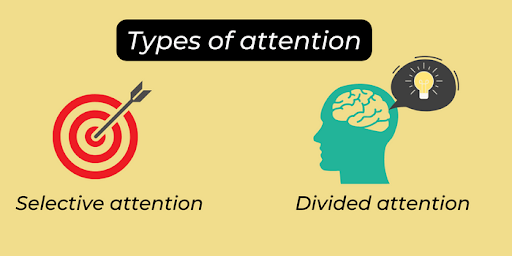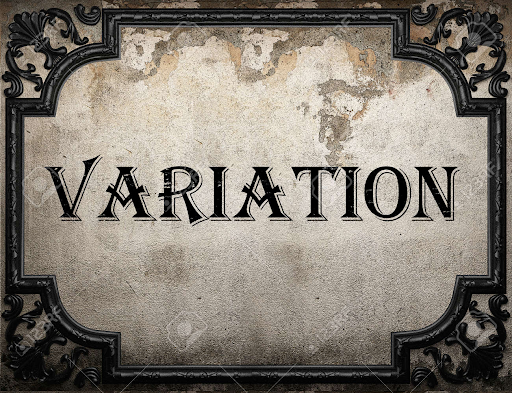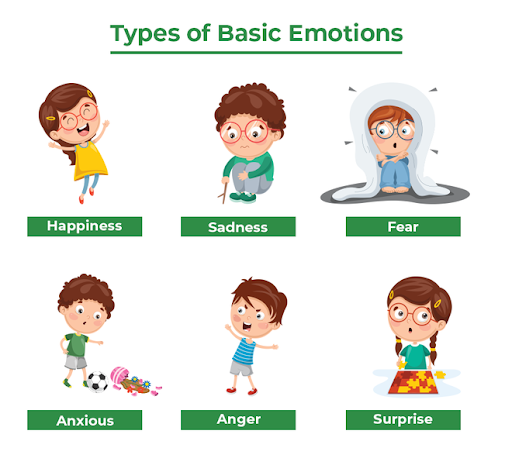There are varied perceptions of looking at the world with your eyes. For example, a glass can be half-filled or half-empty for anyone. Our perception defines our way of viewing and perceiving things. Our way of looking at the world should be transparent; otherwise, it can cause diverse problems for us. We receive a lot of sensory information from the world, and the multiple factors influence how we look at the world. In this post, we will mention everything about perceptual set psychology that influences our perception and cognitive development to see the world and its related characteristics that play a role in creating a biased personality.
Table of Contents
What are perceptual sets in psychology?
The perceptual sets define our tendency to perceive and interpret sensory information in a manner that is consistent with our prior experiences, expectations, and beliefs. In other words, perceptual sets in psychology are mental predispositions that influence our perception of looking at things. Perceptual sets do not exist in isolation because they are influenced by various cultural, psychological, and social factors.
What are the key interpretations of perceptual set psychology?
The perceptual set psychology is based on certain parameters that can influence our way of perceiving things. Some parameters of this psychology are as follows:
1) Selective Attention

Perceptual sets in psychology are based on certain parameters while ignoring others. It means you will choose things based on some specific stimuli while ignoring others. Let us explain the process of selective attention with the help of an example. If you are attending a party, and trying to talk to your friend, you will approach your friend, and at the time of talking, your entire attention will shift towards one stimulus while overlooking some other stimuli.
2) Prior Expectations

The perceptual sets are influenced based on some prior expectations. These expectations develop from your previous results or expectations. For example, whenever you visit a grocery store, you will expect a particular standard of service from that store. It stems from your previous experiences. You tend to perceive such stimuli very carefully and, at the same time, overlook others.
3) Variation in Sets

Perceptual sets are quite different for everyone based on their previous experiences. For example, perceptions will be different for everyone based on their experiences. It happens because their life experiences are unique. For example, two folks may have different stimuli interpretations and behave based on their previous experiences. For example, two people can have entirely different perceptions based on their previous experiences.
4) Cultural Differences

Perceptual sets Psychology may also differ based on cultural differences among people. According to perceptual sets, we often tend to believe things that seem consistent to us based on our current cultural disposition and beliefs. For example, in your culture, older people are admired and valued more as compared to the young generation. So, whenever you come across old people, you will value them as a vital asset to your society, thinking of them as an authority and trustworthy human being.
5) Emotions

Our emotions are the driving force behind how we perceive things. The perceptual set in psychology also gets influenced by this, and hence, our perception also changes from time to time. For example, whenever you listen to a particular song in a bad mood, it may seem like an immediate hurdle to you and you may perceive it very badly. But as against it, if you do something in a better mood, you will take things very lightly. In a better mood, the same song does not make you that sad.
Let us clarify the concept of emotions further by taking some more examples. If you are in a bad mood and you do not find any important documents, it will perturb you further. But as against it, if you ignore your underlying emotions of bad mood, and make your mood better, it will not make much difference to you even if you are not finding any of your important documents.
6) Resistance to Change

One other important component of perceptual sets in psychology is resistance to change. For example, if you perceive that a particular brand’s clothes are superior to the others, you will tend to believe it in the future as well. Because, as defined by the perceptual sets in psychology, you will develop a resistance to change, and it will be difficult to change your perception. You will always believe the same way while ignoring the qualities of other brands in line with your expectations.
7) Top-Down Processing

Any perceptual set in psychology believes in top-down processing. This indicates that these perceptual sets have biased beliefs and are based on our previous beliefs. According to the theory of perceptual sets, we make inferences and interpretations based on particular psychological sets.
8) Motivation

Motivation is another vital factor that influences certain perceptual sets in psychology. Let us understand it with an example. Some things act as a motivational factor for us in defining our beliefs, and certain things demotivate us. This solely depends on certain aspects based on our psychology and perception of motivation. Visiting a friend’s house can be a motivation for us while visiting any other friend does not motivate us to go there because we don’t like the behavior of his family members.
All these crucial factors define perceptual sets psychology and can lead to the formation of biased behavior based on our previous experiences while ignoring other factors.
Conclusion
We hope that you are now clear on what perceptual set psychology is and what impact it can exert on our immediate perceptions. There are various predispositions that can influence our way of understanding things, and one of them is the formation of perceptual sets in psychology. What we look at in others and interpret based on stimuli and sensory information highly influences our perception and life. All in all, we can say that this perceptual set psychology will help you see the world through a specific predisposition.

